Celebrating Asili’s Tenth World Water Day
By Pacome Bagula and Courtney Nelson
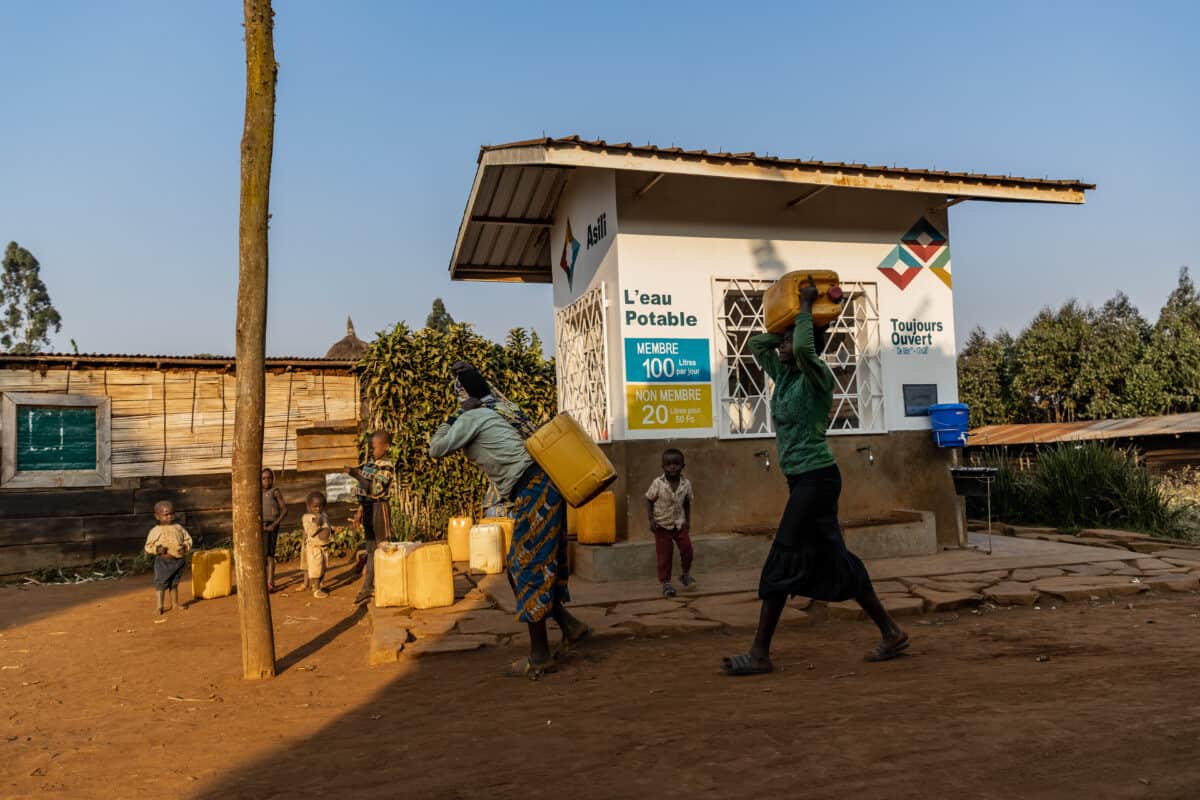
World Water Day urges the global community to unite around water, laying foundations for a more stable and prosperous tomorrow. This is Asili’s tenth, marking a decade of growing access.
To date, 52 water points have been constructed, providing thousands of households in Kabare and Kalehe with easy access to clean drinking water. Madame Fazili Ombeni, a resident of Cirunga, shares “ I come to the Asili water points regularly; they’re close to my home. This project is a lifesaver for my community. Before, we had to travel long distances to get water of questionable quality. This water is reliable and I’ve been getting it exclusively from the Asili points for years.”
The proximity of water is critical to local communities, especially women and children who often face violence to and from distant water points. These long treks keep women outside of economic activities, and a study by UNICEF found school attendance increased by 12% when water was available within close proximity to children’s homes.
This project is a lifesaver for my community. Before, we had to travel long distances to get water of questionable quality.
– Madame Fazili Ombeni, Cirunga
Asili’s entire model, from the mothers who co-designed it to the construction crews laying the pipes are local, making every aspect of the work community-guided. Fontinères, or water mamas, are the cornerstone of the approach. Functioning as salespeople, quality managers, and community educators, they lead water distribution at each point and provide advice on water use and conservation. The fontinères also offer a vital communication channel for our health clinic staff and community outreach team as they lead initiatives on topics such as disease prevention and hygiene.
Mama Faida, a fountain attendant in Cirunga since 2014, explains, “Access to drinking water in this area was difficult. Since I’ve been in charge of this kiosk, I’ve become respected in my community. Thanks to my work, my children have access to health care and I can send them to school. The community is very involved.”
Asili’s model asks customers to contribute to the sustainability and maintenance of the network, changing the relationship from NGO and beneficiary to company and client. In 2023, Asili distributed over 89,800,000 liters of water in South Kivu, providing direct sales to over 190,000 people and emergency provisions to tens of thousands more.
Thanks to my work, my children have access to health care and I can send them to school. The community is very involved.
– Mama Faida, Cirunga
Inherently tied with water security is economic development. Beyond job creation, Asili strengthens local economies. Since water started flowing in Mudaka, for example, vendors have begun selling clean produce alongside prepared food dishes that rely on potable water. Continent-wide, every $1 invested in resilient water returns $7 for African economies.
As a partner of the DRC government and its regulators, Asili implements a model for drinking water that focuses on durable impact. Recognizing the need to use emergency approaches during crisis, Asili shows the benefits in moving toward long-term development, even in fragile conditions. Transition design, moving from immediate response to indefinite service within the water sector is paramount. In Africa, 60% of water systems fail, forcing communities to return to unsafe practices and requiring a large financial reinvestment. This is why Asili prioritizes management systems alongside infrastructure.
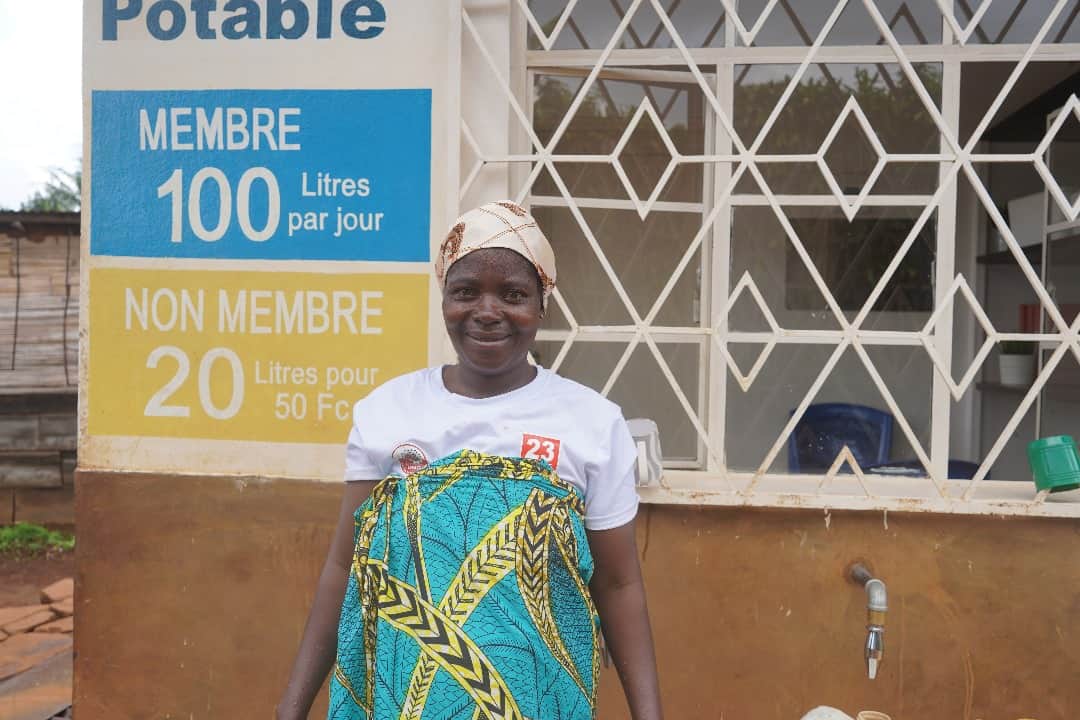
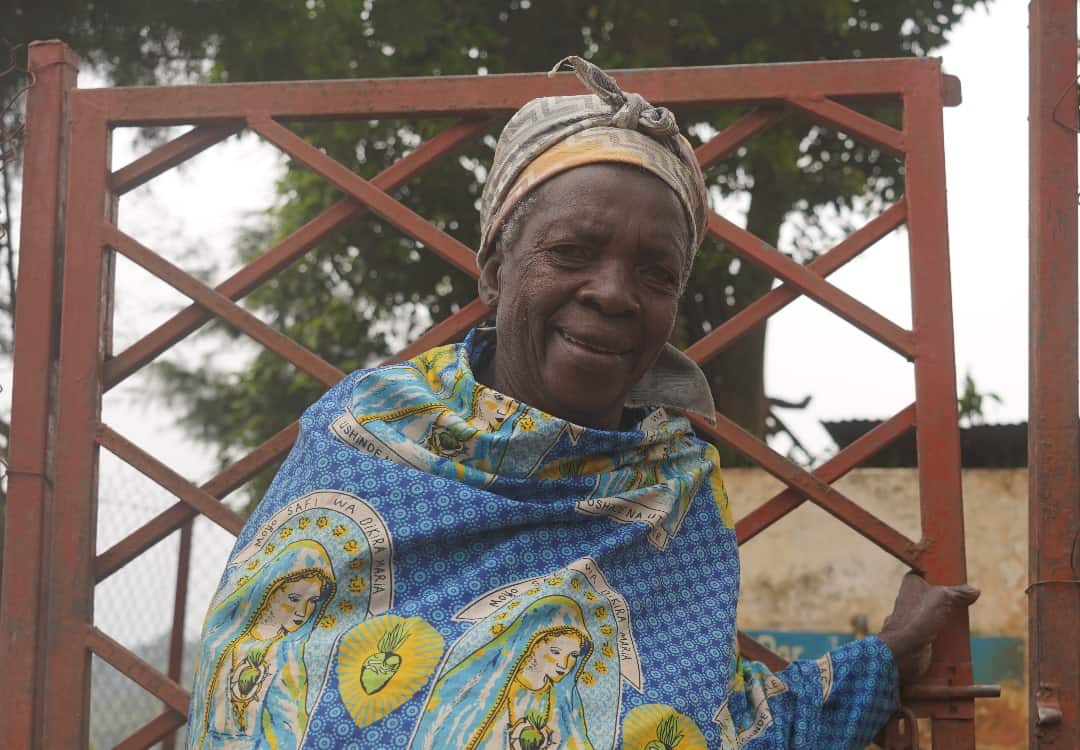
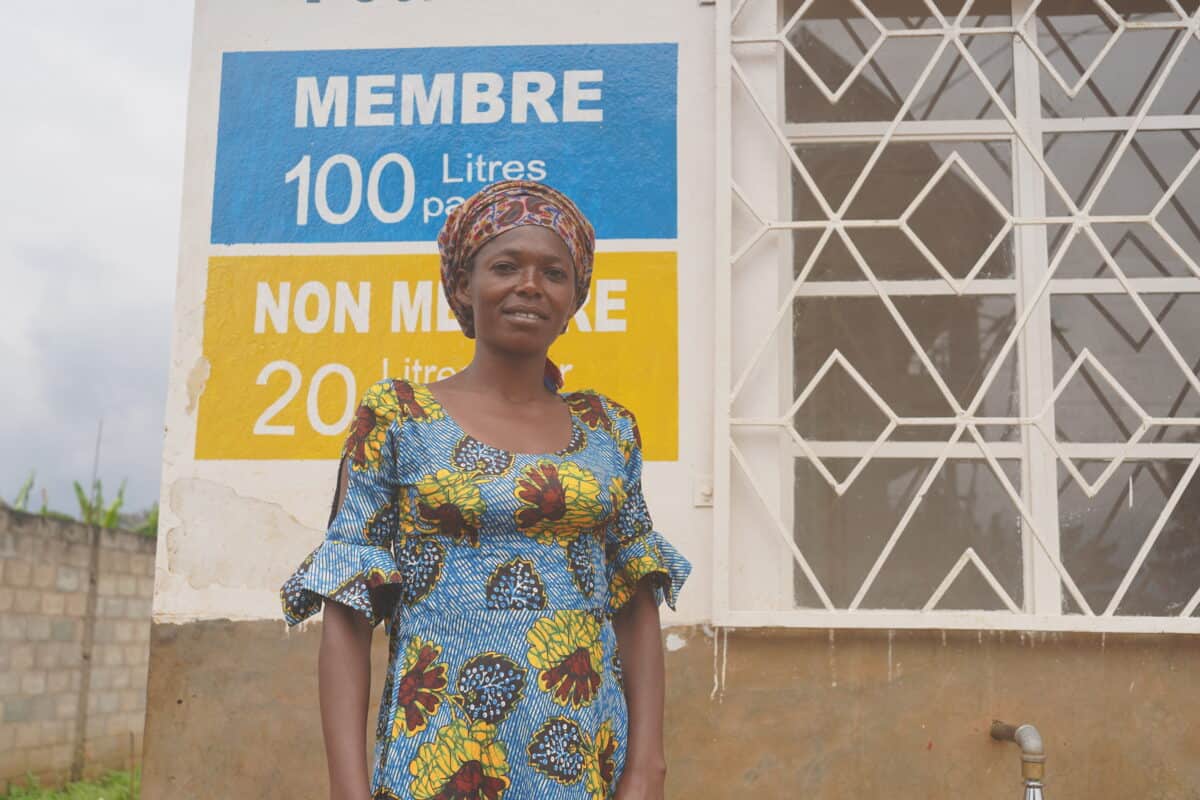
Community leader David Bashizi comments, “Before Asili, access to water was limited to springs, but thanks to this project, the situation has improved. However, the challenges remain enormous because Asili is not yet used everywhere…even people from Bukavu are coming to the Asili kiosks and stands because of the quality of the water.”
As an integral part of the Gorilla Coffee Alliance (GCA) project, Asili currently provides an average of 36 million liters of water to 22,317 people in Mudaka and Minova, helping to reduce waterborne diseases and promote community prosperity. The GCA also plans to rehabilitate existing water networks to improve water quality and accessibility in Kabare and Kalehe, with the goal of serving 65,000 members of coffee-growing communities by 2025. By improving quality of life for farmers and improving farming practices, this work aims to protect critically endangered species from deforestation and over-crowding.
Consistent water quality and quantity anchored in a community-based model have propelled Asili to World Water Day 2024. Expansion is currently underway as well as our largest reservoir yet. More importantly, the taps opened in 2014 are still flowing, bright and beautiful as ever, with quality-tested water reaching homes every day.
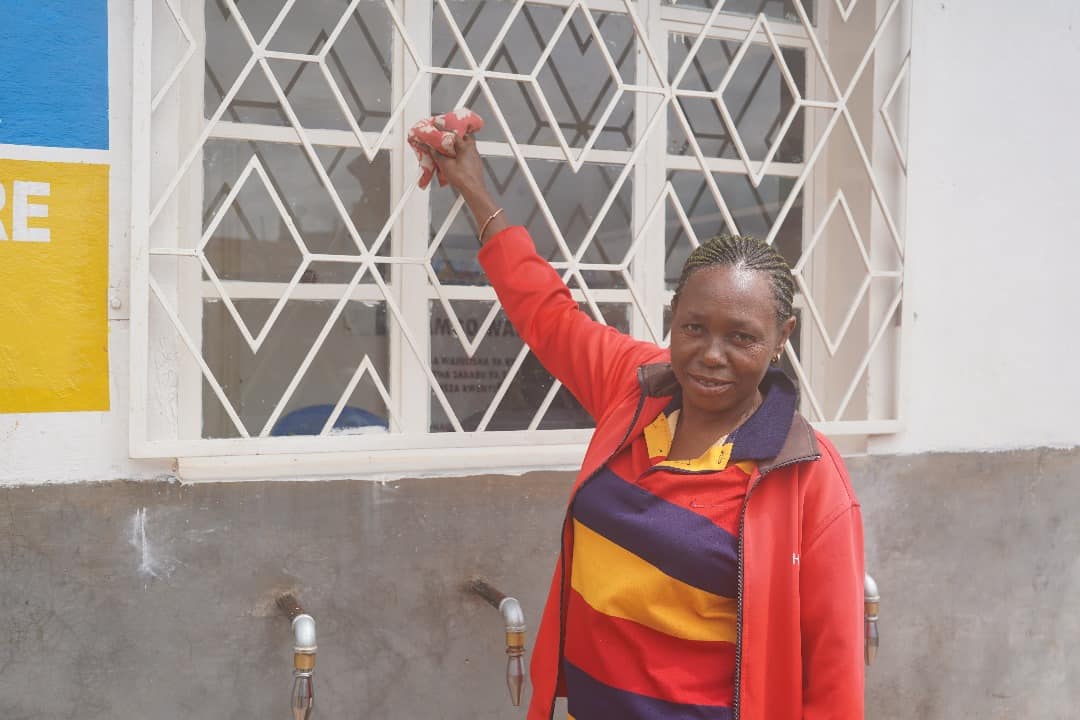
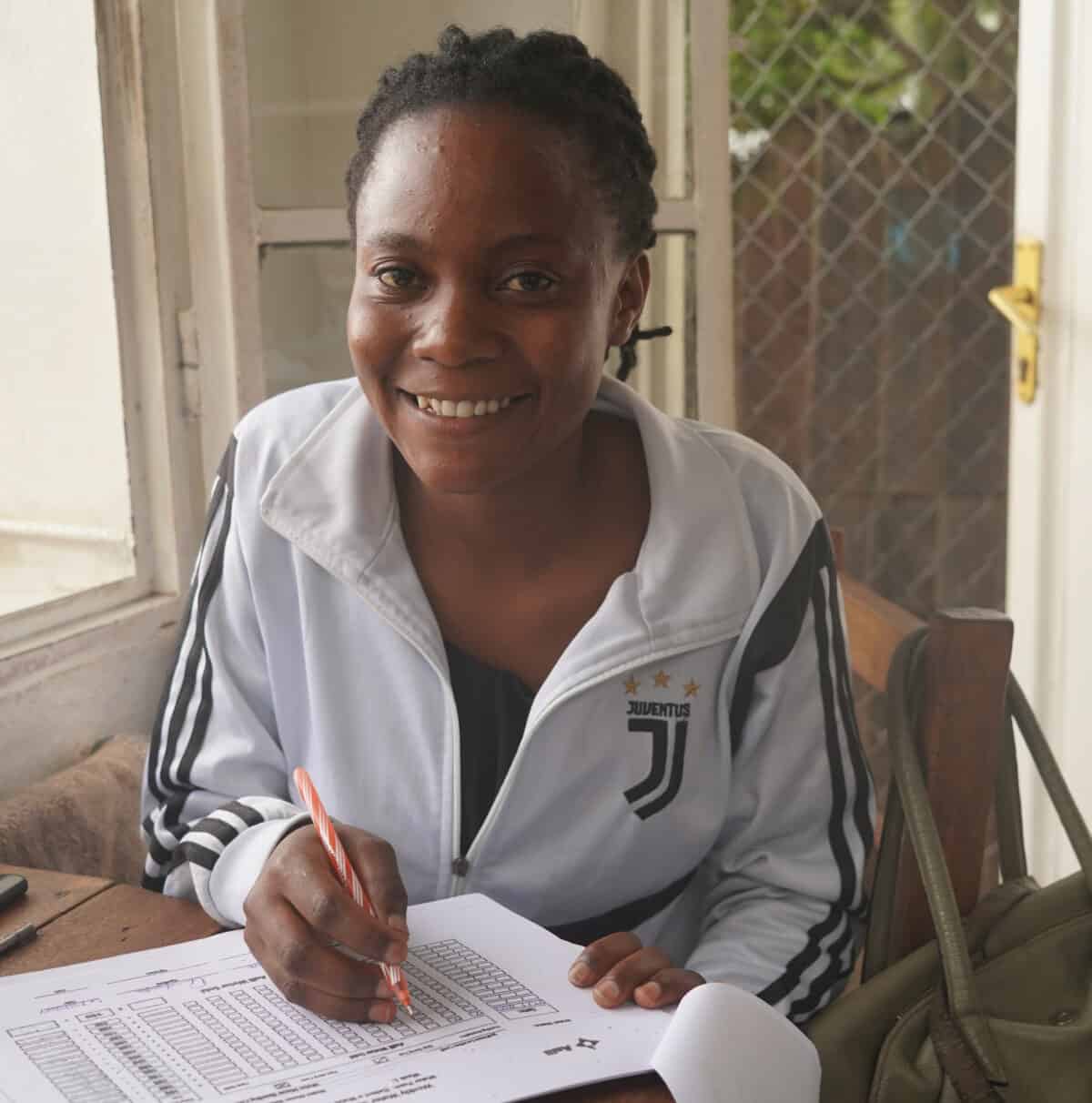
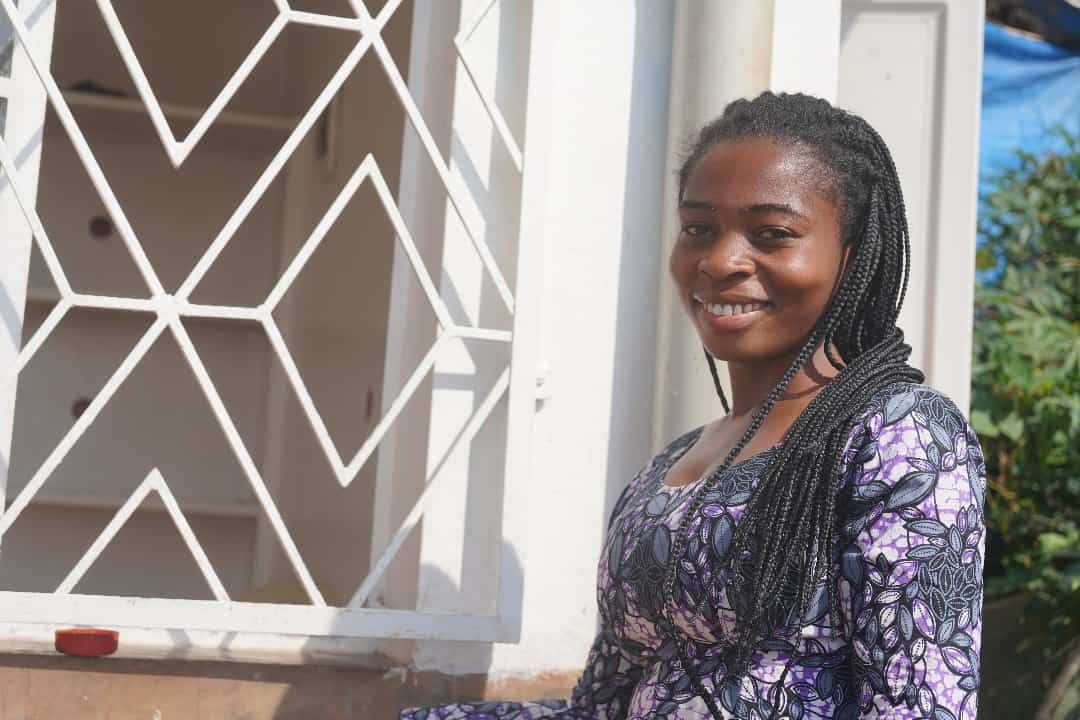
As displacement soars in Minova, our team is working to respond.
Support these efforts in water by clicking the button below.
